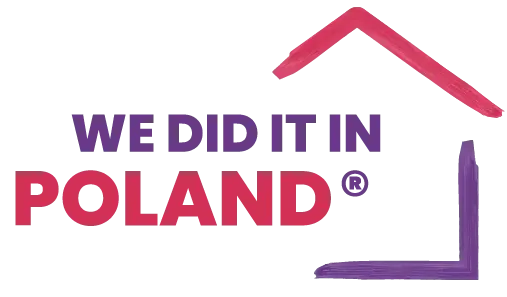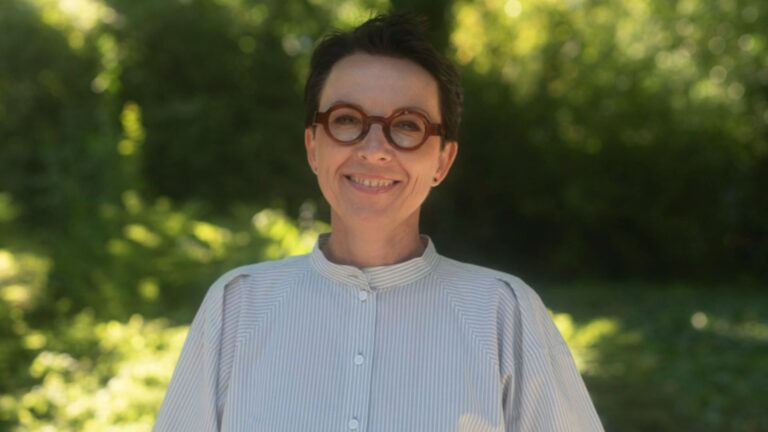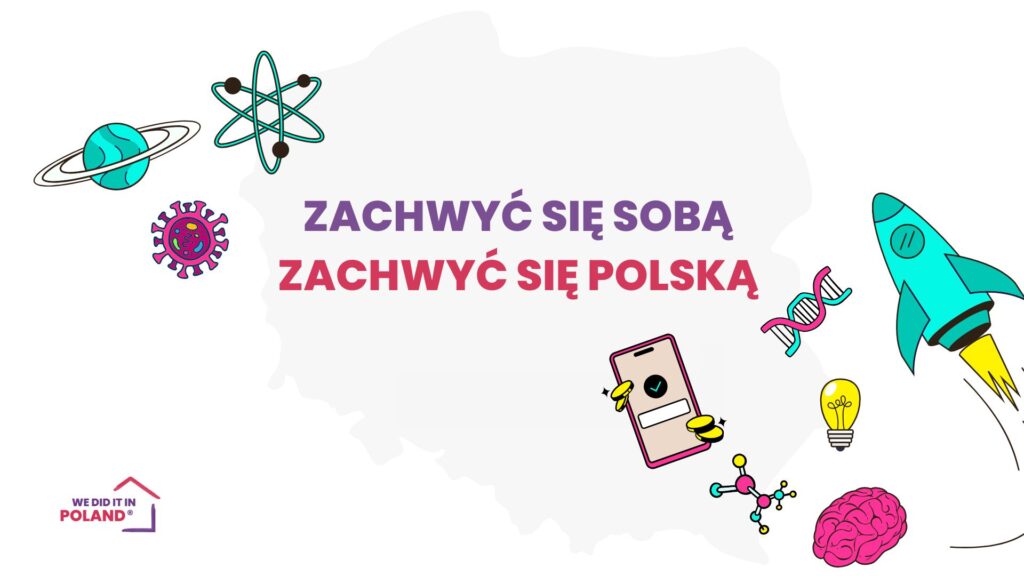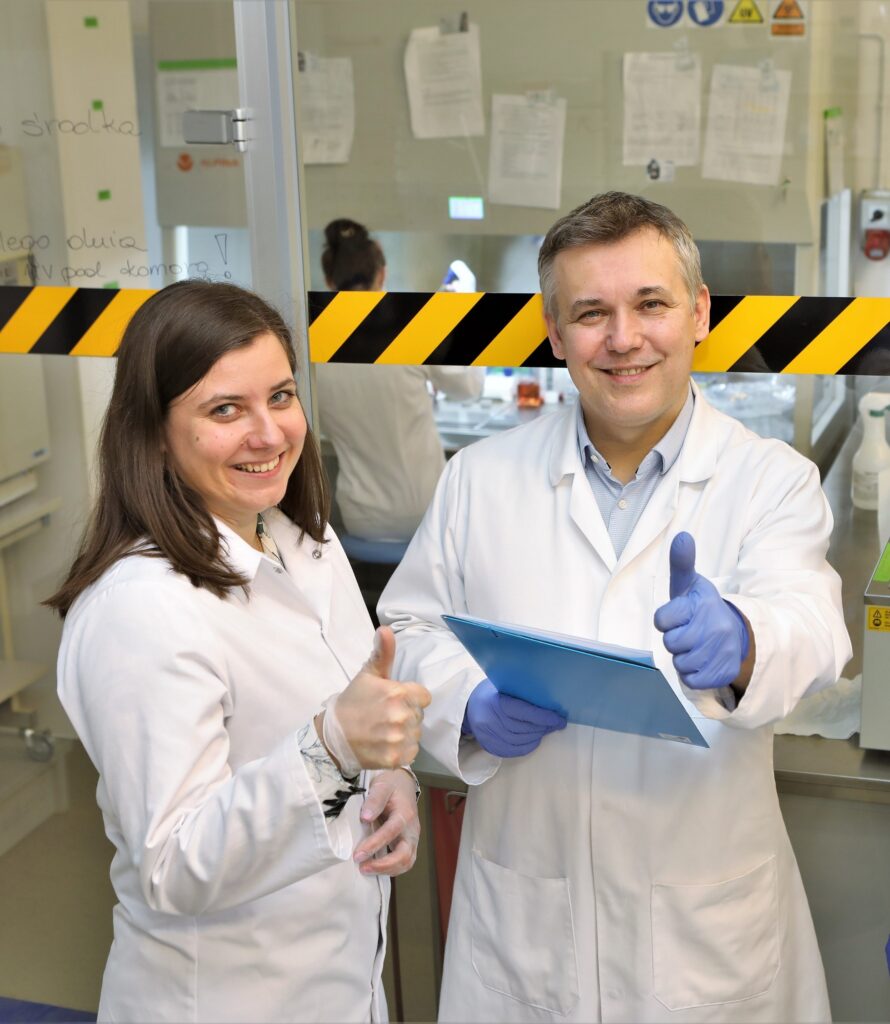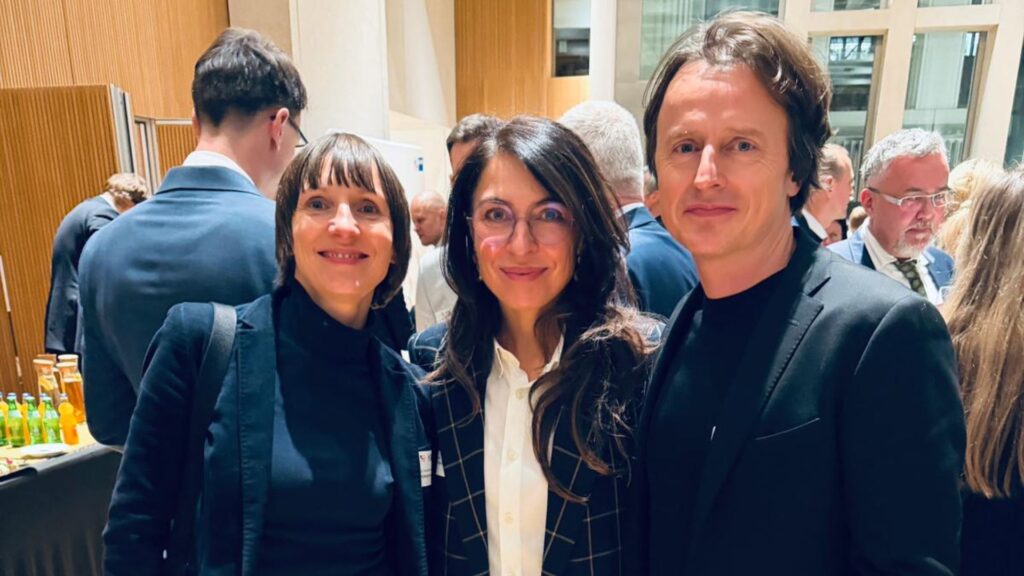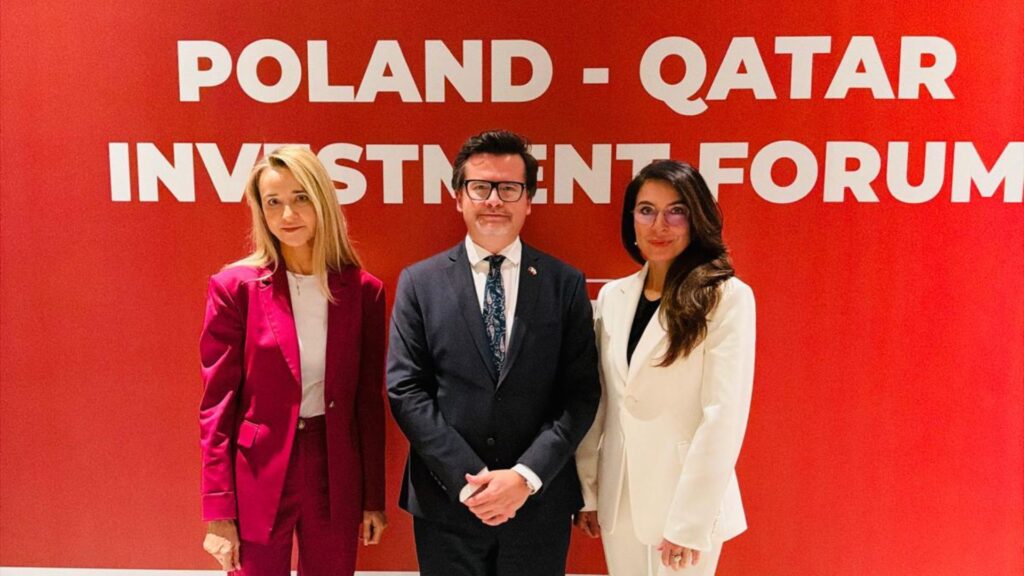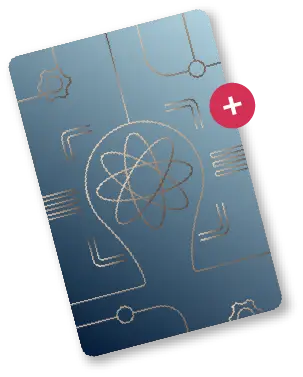Your actions are often ahead of what the educational system is just beginning to recognize. Where does the desire to act in your own way and on your own terms come from in you?
Agnieszka Swiech: I’ve always looked a little farther, beyond the horizon, and I guess this comes from curiosity about the world and people. Besides, the most important value for me is freedom – it’s the determinant of whether I take up an activity or rather give up on a project when someone tries to limit me.
OFF School is much more than a foundation, it’s a kind of education laboratory. If you were to tell someone from Singapore, Cape Town or New York about you, what accounts for your innovation?
Our foundation treats male and female students not as passive recipients of knowledge, but as creators, leaders and leaders of change. At OFF School, we reverse the roles: it is young people who teach adults, showing what really matters today.
What sets us apart is our flipped education – the young become the teachers. We address topics that students really care about – no stitching, no pathos. We take local action with a global approach. We are rooted in a Polish school, but our values are universal. We treat education as an experiment – we test, check, listen, change.
What do you think Poland could contribute to the global conversation about modern education?
Poland has a unique experience in using education as a way to build community and an active civil society – from secret sets to today’s grassroots youth movements. There is a growing wave of projects that convey real empowerment to the young – not just telling them they are important, but showing them that they can act. OFF School is a great example of this approach.
We can also bring the courage to talk about difficult topics – in Polish schools there is an increasingly bold conversation about mental health, misinformation, identity or the climate crisis. This can be our trump card – we show that it is not necessary to wait until the school is “ready,” but to act here and now.
Polish alternative education is constantly testing: how can it be different? The OFF School Foundation or Democratic Schools, for example, are part of the global trend of an educational revolution in which Poland can be not only a participant, but also a leader.
What methods or tools do you consider the most groundbreaking in supporting youth in their development?
The model of so-called “flipped” education, when it is not the teacher/teacher who “passes on knowledge,” but it is the young who discover it themselves and then share it with others. This builds self-confidence and teaches responsibility for the learning process. This is exactly what the Agents and Agents of Change at the House of Peaceful Youth are doing.
Another tool could be education through dialogue and co-determination – giving young people a voice – not just in matters “for young people,” but in decisions about how they learn, about what and with whom. School as a community, not a grading factory.
It’s also important to use technology wisely – it’s not about shoving tablets into every classroom, it’s about using tools that actually foster critical thinking, creativity and collaboration – like Miro, Mentimeter, Discord, podcasts or collaborative online projects.
READ ALSO: 5 Polish innovations that are changing the face of medicine
OFF School shatters patterns while building. Do you feel part of a larger change? What kind of future do you want for young people?
Definitely – OFF School is not just an educational organization that creates projects, but part of a larger cultural change. And yes, we can (and even should) feel part of it. Because when we demolish schemes, we don’t do it “for principle” – we do it to build something better, fairer and more humane.
I would like the school to give space for diversity – identity, ideas, emotions, so that you don’t have to choose between knowledge and well-being. Education shouldn’t end with a high school diploma or a college degree, because the ability to think critically, act and collaborate is something that grows throughout life.
If you could leave behind one phrase that young people would repeat for years to come – what would it be?
Don’t wait for someone to give you a seat at the table – build your own and invite others – I consider this phrase an invitation. It speaks of causality, courage, creating your own paths and community.
